Bertna started coming to Strong Start Maternity Center for prenatal care when she was pregnant. The Second Mile team of midwives, nurses, and psychologists monitored her health and provided education on topics important to a healthy motherhood. At Strong Start, we use the midwife-led continuity of care model that has proven so effective at Second Mile and around the world wherever there are trained midwives.
The World Health Organization (WHO) endorses the midwife-led continuity of care model, as evidence suggests that it reduces preterm birth and perinatal death. Still, there are always exceptions. Bertna was one of those exceptions in that she went into early labor, but fortunately her preemies have fought hard to gain strength and are doing well.
When Bertna went into labor, she was transferred to a nearby hospital where she gave birth to twins. Babies born prematurely need careful monitoring, as their lungs, digestive system, immune system, and skin are still underdeveloped. Second Mile provides financial support for patients who require hospitalization. The postpartum period is overwhelming enough without worrying about paying a bill that is far outside the average Haitian woman’s budget.
The babies, Claventz and Clavencia, needed several weeks of intensive care in the neonatal intensive care unit (NICU), weighing just two and a half and two pounds, respectively.
After their time in the hospital, Bertna and her babies returned to Strong Start for postpartum care. They are gaining weight now and bonding with their mom with support from the team of Strong Start midwives and nurses.
Care for mothers and their children should not stop after birth. In fact, the postpartum postpartum phase is sometimes referred to as “the fourth trimester,” because it is a period of many physical, social, and psychological changes. The mother is simultaneously adjusting to changes in hormones, recovering from childbirth, and learning to feed and care for her baby. And of course, having twins further adds to the challenges.
Although Bertna was not able to give birth at Strong Start due to the complications in her pregnancy, we were still able to provide continuity of care from the prenatal to postpartum periods. The WHO recommends a midwife-led continuity of care model like Second Mile’s as one of the top health systems interventions to improve the utilization and quality of antenatal care.* In this model, a midwife or team of midwives establishes a trusting relationship with the mother and provides her with care throughout all stages of her pregnancy.
The WHO describes this approach as one that includes:
“continuity of care; monitoring the physical, psychological, spiritual and social well-being of the woman and family throughout the childbearing cycle; providing the woman with individualized education, counselling and [antenatal care]; attendance during labour, birth and the immediate postpartum period by a known midwife; ongoing support during the postnatal period; minimizing unnecessary technological interventions; and identifying, referring and coordinating care for women who require obstetric or other specialist attention.“
This is an accurate description of the holistic, high-quality, individualized care that women like Bertna receive at Strong Start Maternity Center.
After a month at Second Mile, the twins now weigh over four pounds each. More women should have access to maternal healthcare that is proven effective like the midwife-led continuity of care model. Claventz and Clavencia, like so many others, are alive today because of it.
World Health Organization. 2016. WHO recommendations on antenatal care for a positive pregnancy experience.



